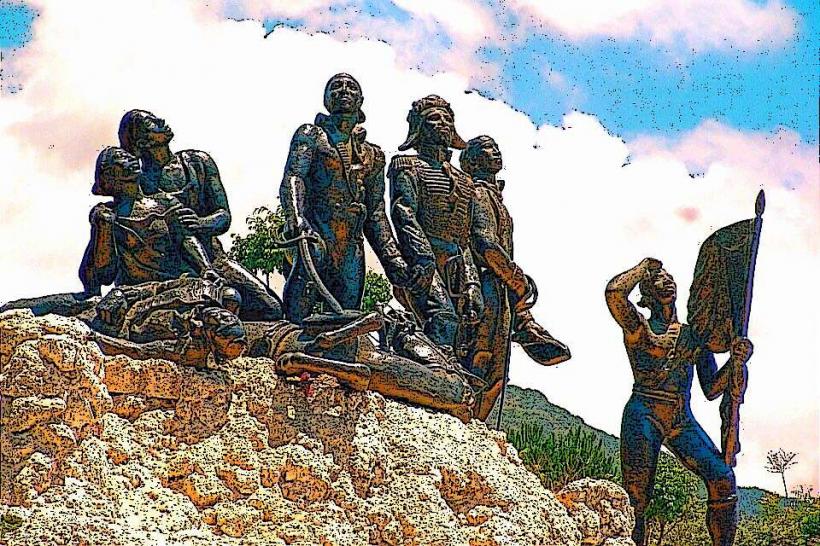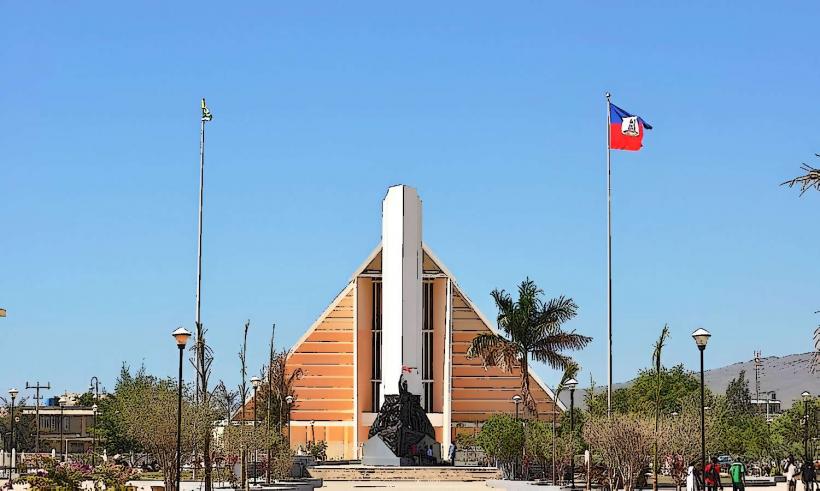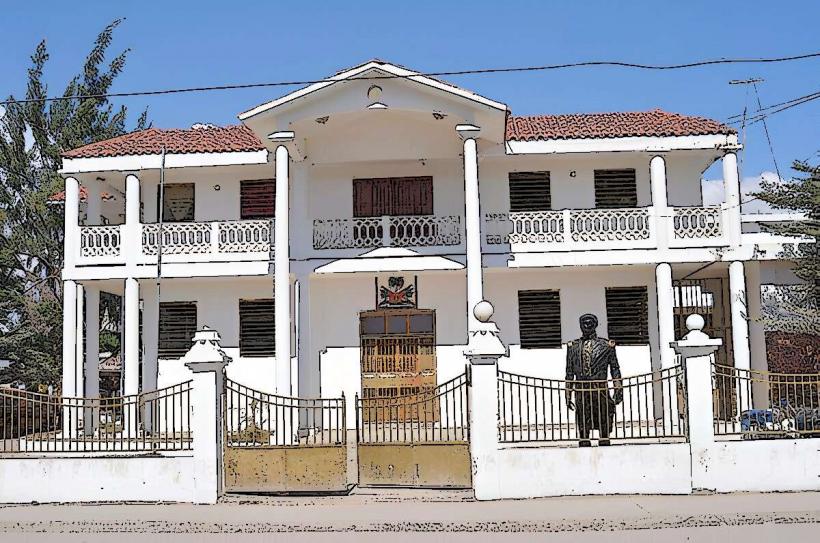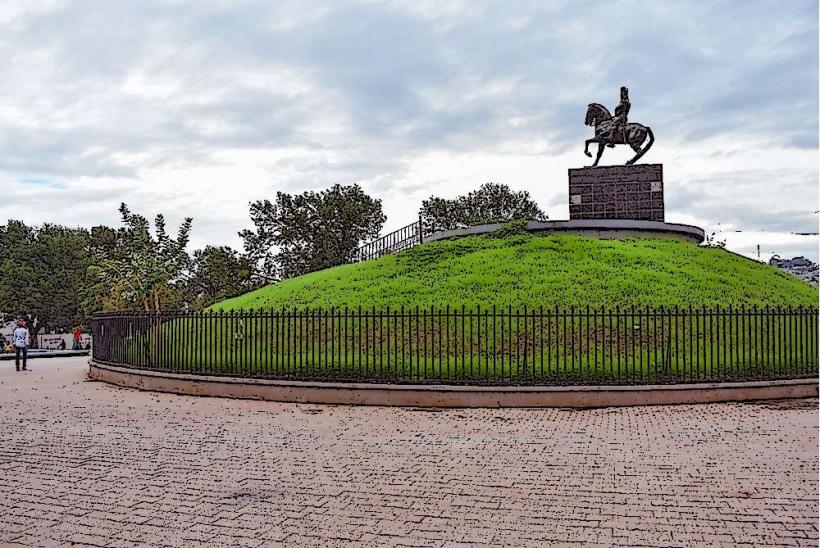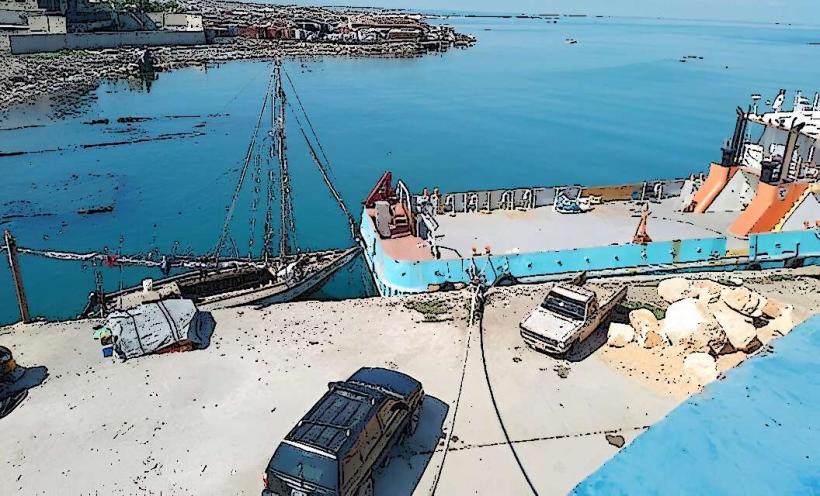Information
Landmark: Haiti's Independence Square (Place d'Indépendance)City: Gonaives
Country: Haiti
Continent: North America
Independence Square in Gonaïves (Place d’Indépendance de Gonaïves) is a historic and symbolic landmark in the city of Gonaïves, which holds a crucial place in Haiti’s history, particularly in the context of its fight for independence.
Historical Significance
The Declaration of Independence: The Independence Square in Gonaïves is historically important because it was the site where Haiti's independence was first declared. On January 1, 1804, Jean-Jacques Dessalines officially declared Haiti’s independence from France in the city of Gonaïves. This marked the end of centuries of French colonial rule and the abolition of slavery. Gonaïves, often referred to as the "Cradle of Haitian Independence," was the location where Dessalines, the leader of the Haitian Revolution, declared Haiti as the first independent black republic in the world. The event in Gonaïves was a significant moment not only for Haiti but for the entire world.
Haitian Revolution: Gonaïves played a central role in the Haitian Revolution, which began in 1791 as a slave uprising against French colonial forces. The revolution culminated in Haiti’s independence in 1804, and Gonaïves served as a key base for revolutionary leaders. The square is thus a powerful symbol of the success of the Haitian people’s fight against oppression and colonialism.
The Role of Dessalines: Jean-Jacques Dessalines, one of the leading figures of the Haitian Revolution, made his declaration of independence in Gonaïves. He would later become the first emperor of Haiti, and his leadership in the revolution and his role in Haiti’s independence are commemorated at this site.
Features of the Square
Monuments and Statues: In addition to its historical importance, Independence Square in Gonaïves is home to monuments and statues that commemorate Haiti's independence and revolutionary heroes. These monuments honor the memory of those who fought for freedom during the Haitian Revolution. A statue of Jean-Jacques Dessalines can be found in or near the square, serving as a focal point of national pride and remembrance.
Public Gatherings and National Celebrations: The square is a gathering place for public celebrations, particularly on January 1st, Haiti's Independence Day. On this date, the people of Haiti come together to commemorate the country's hard-fought independence. Independence Day in Haiti is a time of national pride, reflection, and festivities, and Gonaïves, as the birthplace of the declaration, plays a central role in these celebrations.
Cultural and Educational Importance: Independence Square is not just a historical site but also a space for cultural and educational activities. It serves as a reminder of the sacrifices made during the Haitian Revolution and is a place where people, especially students and historians, come to learn about Haiti’s struggle for independence and its historical significance.
Role in Haitian National Identity
Symbol of Resistance and Liberation: Independence Square in Gonaïves is a key site in Haiti’s national identity, representing the nation’s legacy of resistance against colonialism, racism, and slavery. The square serves as a living reminder of the Haitian people's resilience and determination to achieve freedom and sovereignty. It also reinforces the idea of Haiti as a beacon of independence for other nations and peoples who have fought against oppression.
Haiti's First Independence Declaration: Unlike in other parts of the world, where independence declarations may be made in capital cities, Gonaïves holds the distinction of being the place where Haiti’s independence was declared, making its Independence Square even more significant. The choice of Gonaïves as the site for this declaration underscores its importance in Haitian history.
Modern-Day Significance
Cultural Heritage Site: Today, Independence Square in Gonaïves is a national cultural heritage site, attracting visitors from around the world, including those interested in the history of the Haitian Revolution. It is a symbol of Haiti’s ongoing journey toward self-determination and sovereignty.
Tourism and Education: The square, along with nearby historical sites, has the potential to be a focal point for cultural and historical tourism. Visitors to Gonaïves often visit the square to learn about Haiti’s past, particularly its revolutionary history. The square is also used for public events and educational programs aimed at fostering national pride and historical understanding.
Conclusion
Haiti’s Independence Square in Gonaïves is one of the most historically significant sites in Haiti, as it is the location where Jean-Jacques Dessalines declared Haiti’s independence from France on January 1, 1804. It symbolizes the triumph of the Haitian people over colonial oppression and remains a powerful reminder of the country’s founding as the first independent black republic in the world. Today, the square continues to serve as a site for national reflection, celebration, and education, and it is an essential part of Haiti's cultural heritage.

